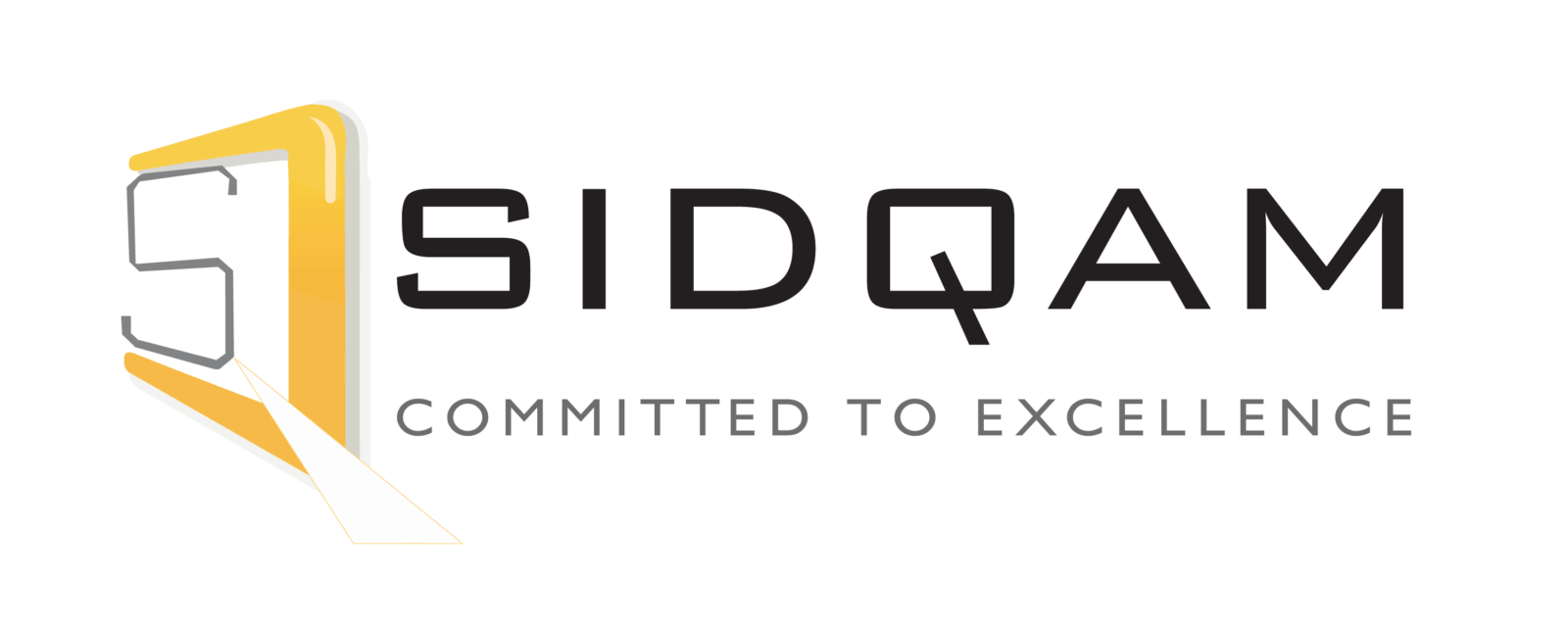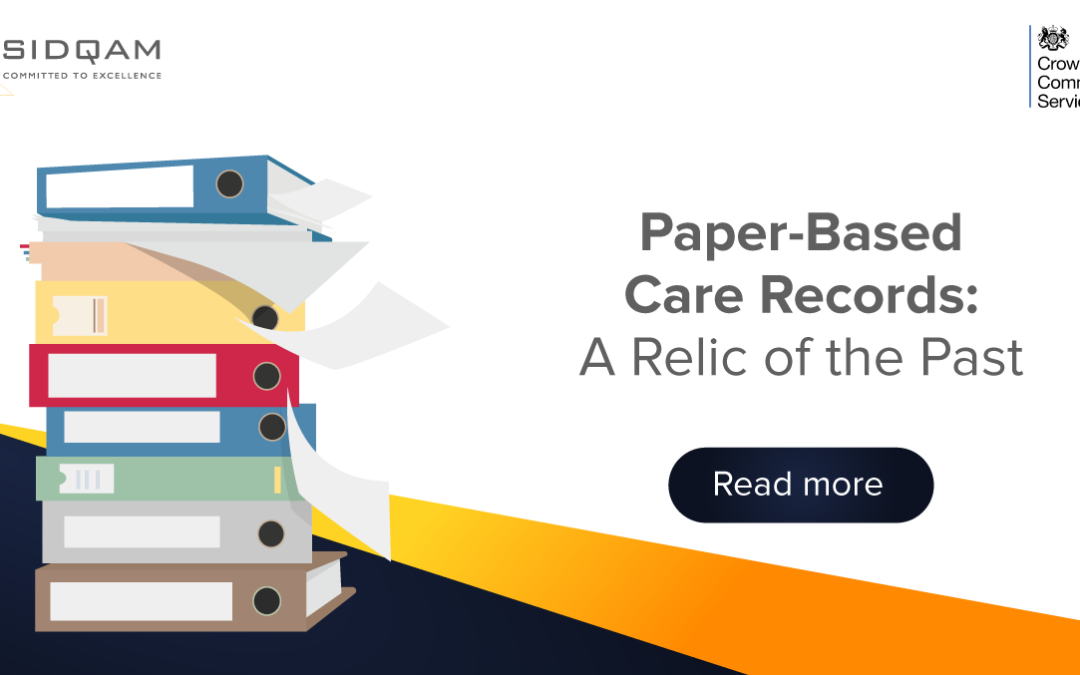Introduction:
For many years, paper-based care records were the norm in social care settings. However, as the healthcare and social services landscape continues to evolve, it’s becoming increasingly clear that paper-based records are no longer sufficient to meet the needs of modern care delivery. In this blog, we’ll delve into the drawbacks of relying on paper records and explain why transitioning to digital solutions represents a promising way forward.
The Challenges of Paper-Based Care Records:
- Inefficiency and Delays:
- Documenting care on paper can be time-consuming, leading to delays in care delivery.
- Outdated or incomplete information can compromise patient outcomes.
- Data Inaccuracy:
- Paper records are more prone to human error, such as illegible handwriting and misplaced documents.
- Inaccurate data can put patients at risk of receiving the wrong care.
- Limited Accessibility:
- Paper records can only be accessed by one person at a time, hindering effective collaboration among care teams.
- Limited accessibility can impact the coordination of care.
- Storage Space and Sustainability:
- Paper records require a significant amount of storage space and are not environmentally friendly.
Digital Care Records: A Modern Solution Digital care records offer several advantages over their paper-based counterparts, including:
- Real-time Access to Information:
- Digital records can be accessed from anywhere, at any time, using any device, ensuring up-to-date information for better decision-making and care delivery.
- Improved Accuracy and Efficiency:
- Digital records are less prone to human error and can be easily updated and shared among care team members, saving time and improving data accuracy.
- Better Collaboration and Communication:
- Digital records facilitate information sharing and communication among care team members, leading to improved coordination of care and patient outcomes.
- Sustainability:
- Digital care records reduce the need for paper and physical storage space, making them more environmentally friendly and cost-effective.
The Future of Digital Care Records:
The use of digital care records is poised to increase in the future as the healthcare and social services landscape continues to evolve. These digital solutions are essential for providing high-quality care. The transition to digital care records is a positive step for the social care sector, addressing the challenges of paper-based records and improving the quality, efficiency, and sustainability of care delivery.
Conclusion:
Social care providers who have not yet made the switch to digital care records should consider doing so as soon as possible. Digital records offer numerous advantages over paper-based records and are essential for providing high-quality care in the future. At Sidqam, we are committed to serving the social care sector and helping you embrace the benefits of digital care solutions with our care planning, learning disability and deterioration monitoring and escalation solution. If you’d like to learn more about how we can help you, please book a demo with one of our team.


Recent Comments